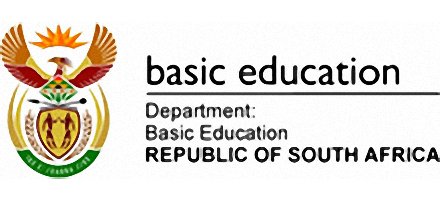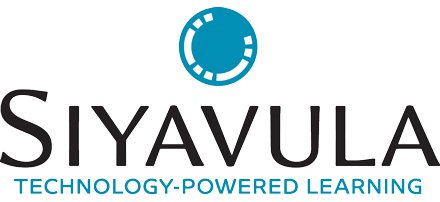- Orthographic drawing
- Provide for wheelchairs
- Structures,forces and materials
-
Mini-pat 1 a bridge to help the community
- Week 1
- Investigate granny margaret thabang's problem (60 minutes)
- Investigate structures to solve the problem (60 minutes)
- Week 2
- Develop rough sketches of ideas (30 minutes)
- Evaluate and adapt your rough sketches (30 minutes)
- Design brief with specifications andconstraints (30 minutes)
- Draw a flow chart (30 minutes)
- Week 3
- Make working drawings (60 minutes)
- Work out a budget (60 minutes)
- Week 4
- Discuss and practise making your model (60 minutes)
- Make a model of your bridge (60 minutes)
- Week 5
- Design an evaluation instrument (6 0 minutes)
- Evaluate your team's solution (60 minutes)
- Week 6
- Present your tender to the class (120 minutes)
- Structures,forces and materials
-
Mini-pat 1 a bridge to help the community
- Week 1
- Investigate granny margaret thabang's problem (60 minutes)
- Investigate structures to solve the problem (60 minutes)
- Week 2
- Develop rough sketches of ideas (30 minutes)
- Evaluate and adapt your rough sketches (30 minutes)
- Design brief with specifications andconstraints (30 minutes)
- Draw a flow chart (30 minutes)
- Week 3
- Make working drawings (60 minutes)
- Work out a budget (60 minutes)
- Week 4
- Discuss and practise making your model (60 minutes)
- Make a model of your bridge (60 minutes)
- Week 5
- Design an evaluation instrument (6 0 minutes)
- Evaluate your team's solution (60 minutes)
- Week 6
- Present your tender to the class (120 minutes)
- Hydraulics and pneumatics
- Hydraulic machines
- Pulleys and controllers
- Gears
- Mechanisms at home
- Mini-pat mechanical systems and control
- Component symbols and simple circuits
- Resistors and ohm's law
- Electronic components 1
- Electronic components 2
- Build and draw electronic circuits
- Mini-pat electronic systems and control
- Preserving metals
- Extending the shelf life of food
- Plastics
- Recycling and manufacturing with recycled plastic
- Mini-pat: reduce, re-use and recycle - working with plastics



